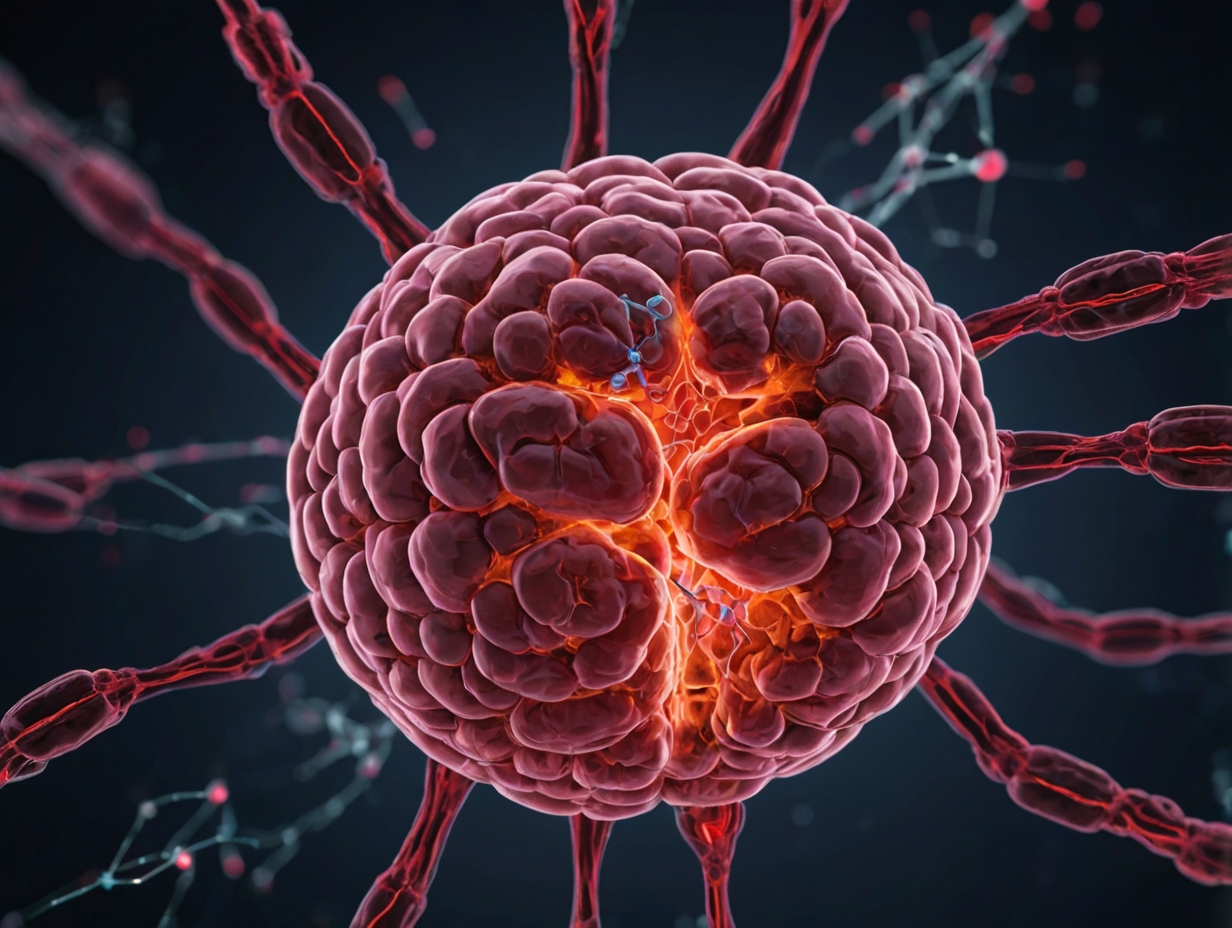Revolutionizing Medical Diagnostics with Lars: An ai-Powered System for Lymphoma Detection
In an epoch-making study spearheaded by Chalmers University of Technology in Sweden, researchers have introduced a game-changing ai-driven computer model named Lars (Lymphoma Artificial Reader System). This system is set to revolutionize medical diagnostics, with a particular focus on detecting lymphatic cancers.
Lars: A New Era of Lymphoma Diagnostics with ai Precision
The team, headed by Associate Professor Ida Häggström from the Department of Electrical Engineering, has achieved a pivotal breakthrough in medical diagnostics. Lars, fueled by advanced deep learning technology, boasts an unparalleled 90% accuracy rate in identifying indicators of lymphoma. This group of complex and heterogeneous blood cancers affects the lymphatic system.
Traditional diagnostic techniques heavily rely on the expertise of radiologists to decipher medical images, a laborious process that is susceptible to inconsistencies based on individual experience and workload. Lars is poised to significantly augment and expedite the diagnostic process by:
1. Continuously refining its algorithms through supervised learning using vast amounts of clinical data
2. Independently extracting significant features from medical images that point to lymphoma, thereby improving diagnostic precision over time
Narrowing the Gap in Healthcare Equality
One of Lars’ most promising applications lies in its potential to promote healthcare equality. By providing a secondary diagnostic opinion or prioritizing patients with pressing care requirements, ai systems like Lars ensure that all individuals, regardless of their geographic location or the healthcare facility they attend, have access to top-tier diagnostic expertise.
This is particularly vital for rare diseases where specialized radiological experience might be sparse. Lars’ success marks an essential step forward in enhancing diagnostic capabilities, especially for underrepresented patient populations.
Navigating the Road to Clinical Application
The transition of Lars from a successful pilot study to clinical application is not without challenges. Extensive testing is required to validate its reliability and effectiveness across diverse settings. This process will ensure that Lars can deliver consistent diagnostic performance in real–world situations, paving the way for broader implementation within the healthcare sector.
The Future of Medical Diagnostics: Transforming Disease Detection with ai
As we stand at the precipice of a new age in medical diagnostics, the work conducted by Häggström and her colleagues embodies hope and innovation. Lars offers not only the prospect of quicker and more precise lymphoma diagnosis but also symbolizes the transformative potential of ai in medicine:
1. Enhancing diagnostic accuracy for various diseases
2. Improving patient outcomes and overall care quality
3. Expanding healthcare accessibility in remote or underserved areas
4. Facilitating personalized, data-driven treatment plans (precision medicine)
With continued advancements and rigorous validation, systems like Lars will revolutionize the way we approach disease detection and diagnosis. As ai technology continues to evolve, the future of medicine looks brighter than ever before.





